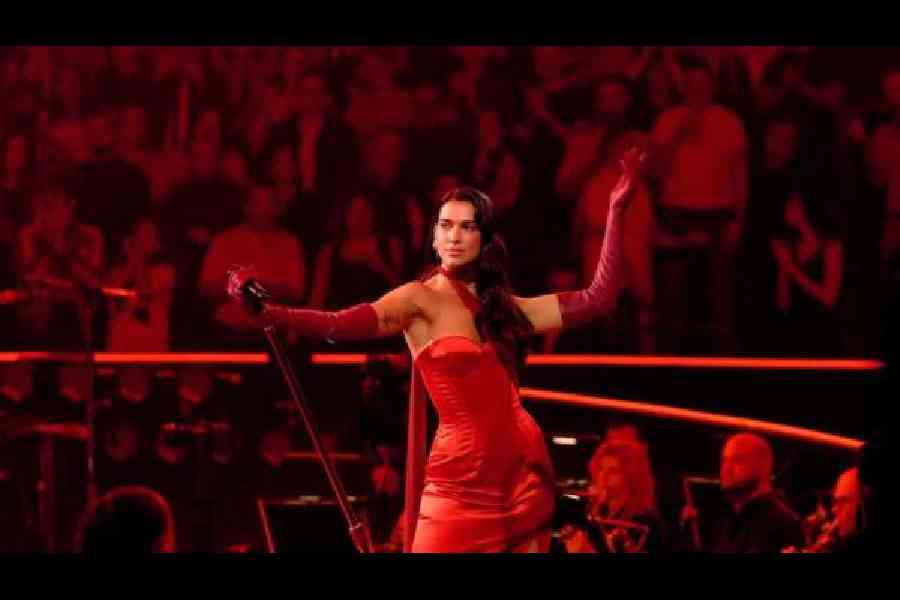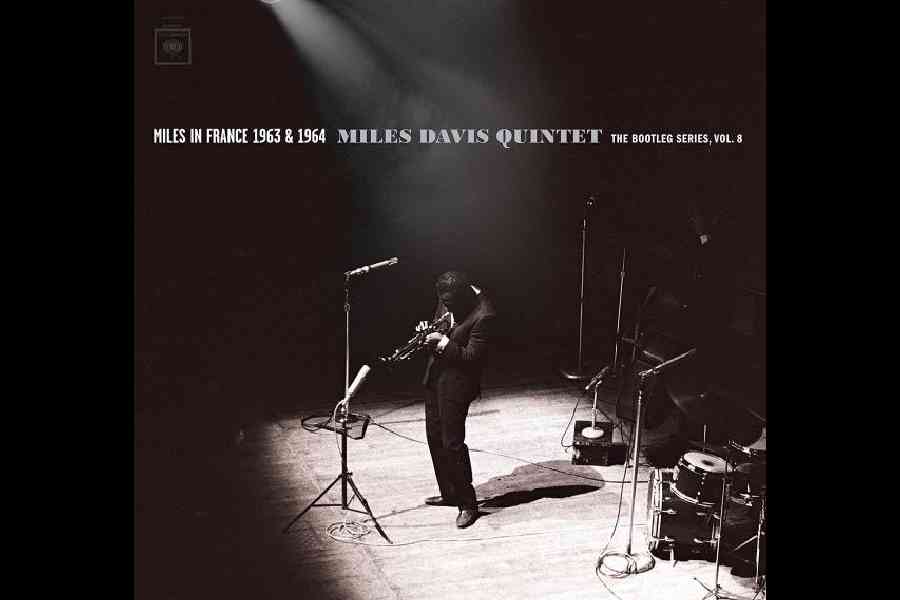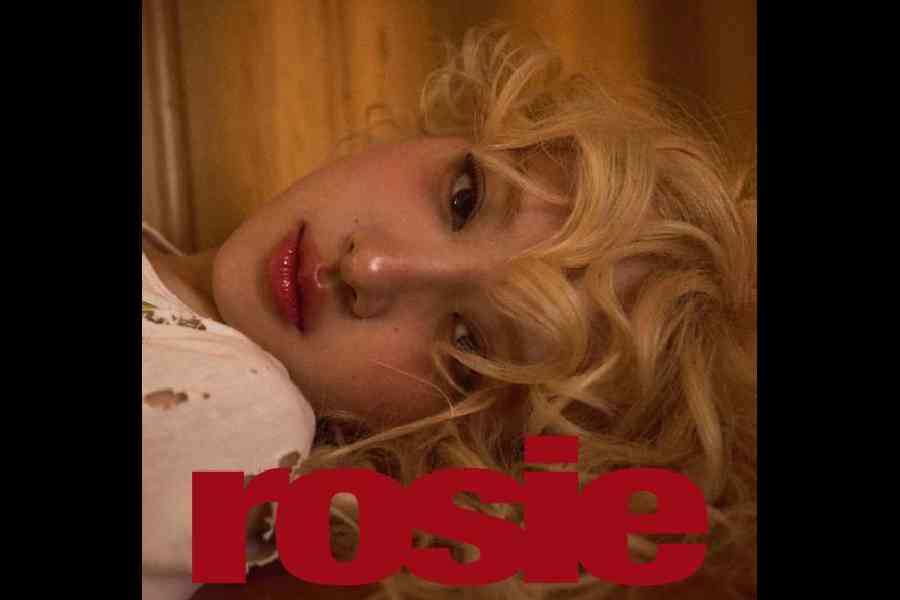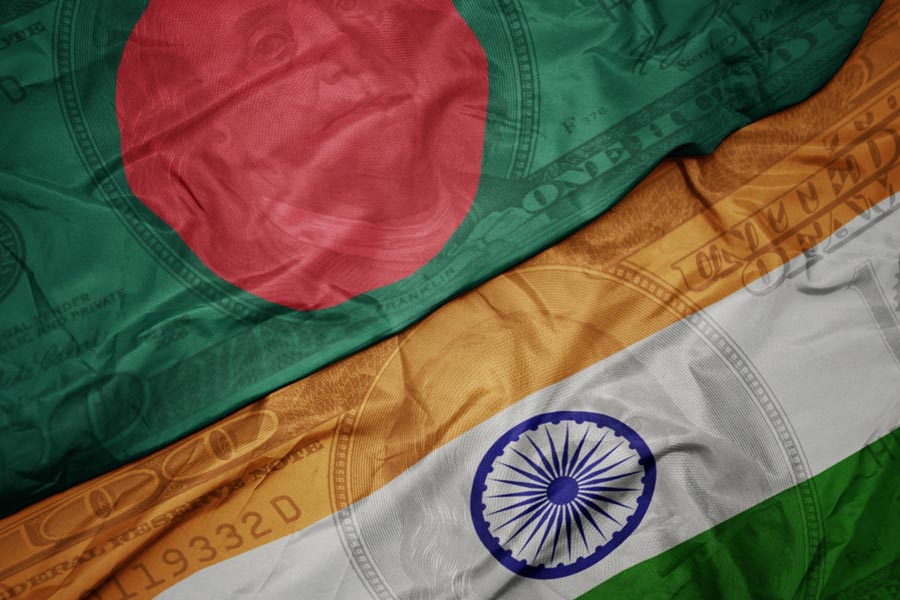Artist: Rose
Album: Rosie
Rating: *****
She is one-fourth Blackpink but on her debut solo album, Rose largely delights with music with a bite instead of playing to a template. Recorded in Los Angeles and mostly sung in English, the dozen tracks are directed at a Western audience. No wonder she has put into service 20 producers, none of whom are from South Korea.
Over piano chords, Roseanne Park, aka Rose, lays out her insecurity on the opening track, Number One Girl: Tell me that I’m special, tell me I look pretty/ Tell me I’m a little angel, sweetheart of your city. She tries to make her music a space where she can transform herself, instead of playing by the rules set by South Korean entertainment juggernaut YG Entertainment.
Born in Auckland, she moved with her family to Australia as a child and then at age 15, she relocated to Seoul to train for a project that would ultimately become Blackpink.
The engaging lyrics of the opening number fall by the wayside by the time she arrives at Apt., a collaborative effort with Bruno Mars, recalling her Blackpink style.
Rose shines in songs where she is herself, like on Stay a Little Longer, even though it’s in the style of an Olivia Rodrigo ballad, or Toxic Till The End, venting on her ex like Taylor Swift would: You wasted my prettiest years. Another standout track is the playful 3am in which she admits: I just saw a red flag / Gonna pretend I didn’t see that. There is the promise of Rose shining as a songwriter on future songs.
Drinks or Coffee is decent but generic, like most of the album. In fact, after a point, the aren’t-I-clever reworking of Rose will make you want to tap across to a different artiste.
Artiste: Dua Lipa
Album: Live From the Royal Albert Hall

Rating: *****
Rabid tabloids and invasive fans are out there yet Dua Lipa’s music continues to be ferociously catchy, even when she plays it live. In October, the 29-year-old put up a dazzling live performance at London’s historic Royal Album Hall. It was more like a homecoming for the pop royalty who has become one of the biggest pop stars to come out of the UK in the last few years.
On the live album, you can feel her sweep the audience off their feet with her strong vocal performance, kept company by a 53-piece orchestra and a strong choir.
The 20-track album mostly showcases her latest effort, Radical Optimism, which has not enjoyed the same degree of commercial success as Future Nostalgia but the live renditions shine.
Her voice soars on Falling Forever, there is added drama on Training Season and though These Walls is somewhat toned down, it offers strings some space to breathe. The magic of the album lies in Lipa’s powerful vocals and beautiful arrangements, an example of which is Whatcha Doing that melds a funky soul sound with a set of refined strings.
The peak of the concert night was her duet with Elton John. Cold Heart, their dance-pop collaboration from John’s 2021 collection The Lockdown Sessions, is dance-worthy with its interpolation of Rocket Man, besides bits of Elton’s hit Sacrifice, 1976’s Where’s the Shoorah? and 1983’s Kiss the Bride.
The studio version of Radical Optimism was supposed to create a summery ambience. Dua retains the idea and throws in layers of striking arrangements, made especially enjoyable on Houdini, French Exit and Illusion. And you can’t escape the surge when one of her older tracks plays out — Levitating… that’s the feeling she wants you to enjoy.
Artiste: Miles Davis
Album: Miles In France 1963 & 1964 (The Bootleg Series, Vol. 8)

Rating: *****
There’s never a dearth of old jazz albums being repackaged, or previously unknown recordings finding the light of day. But this one is a gem.
Find time to listen to one of jazz’s greatest lineups, the Miles Davis Quintet of the 1960s. The archival recordings find the group at the famous Antibes festival in France: First in 1963 with George Coleman on tenor sax, then 1964 with Wayne Shorter. Pianist Herbie Hancock, bassist Ron Carter and drummer Tony Williams are sure to ignite the evening.
The 1963 group is captured live just two weeks after the release of Seven Steps to Heaven, an important album that established the George Coleman lineup. By October 1, 1964, the lineup with Wayne Shorter is in place, only a few months prior to the recording of E.S.P.
The music of Davis was always packed with a feeling of vulnerability and, at the same time, it was graceful, broody and arrogant. Many of the tracks we know this man for are incorporated in the albums, including All Blues and So What from Kind of Blue.
The set opens with the brilliant So What, followed soon by the memorable Stella By Starlight and the fast Walkin’.
Pianist Herbie Hancock, bassist Ron Carter and the late drummer Tony Williams were all new to Davis’s music but that’s what makes the recordings adventurous.
CDs four and five represent the beginnings of what would become known as the Second Great Quintet (with Shorter). All the recordings mirror a good degree of experimentation with form and structure.
Bassist Carter says of playing with Davis and the Second Great Quintet in Volume 8’s liner notes: “I had never played with anyone like that, of course, and certainly not for this extended period of time. It was just stunning to hear him play like this, play with that intensity, play with that tempo, play with that direction night in and night out and not turn it on to the band and say, ‘Stop that’. He allowed us to do whatever the chemist allowed his proteges in the lab to do. Take these chemicals I’m giving you guys and see what we come up with. Just call the fire department if necessary.”
That’s the energetic thrust we will remember Davis for.











